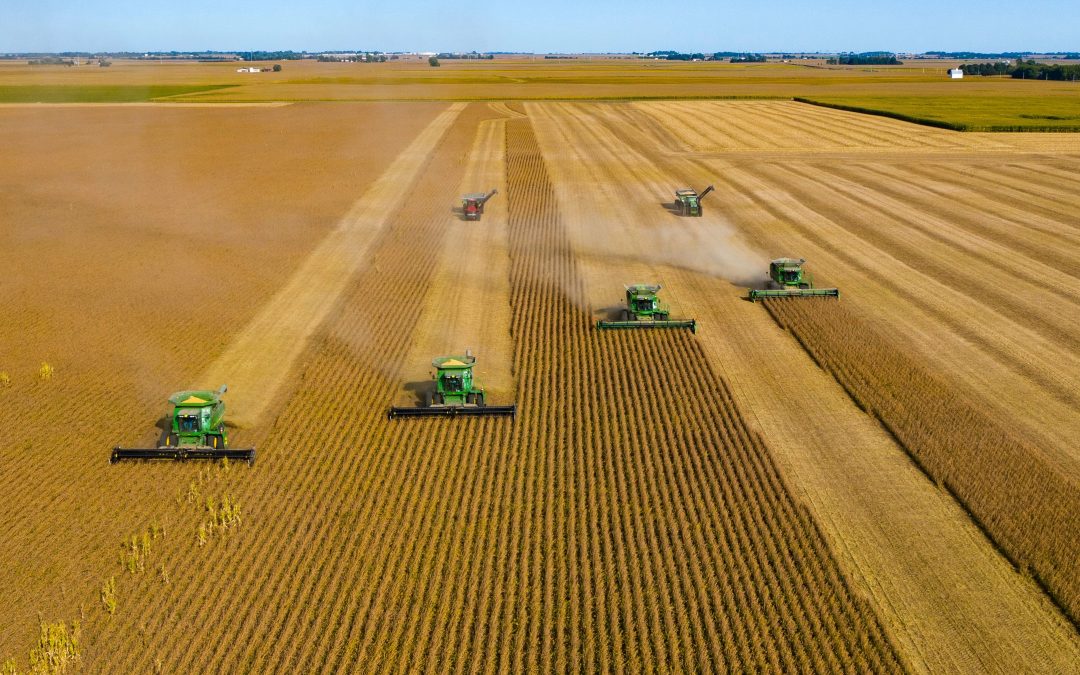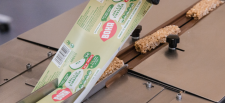Members of European Parliament (MEPs) have voted in favour of the European Protein Strategy, which calls for more protein diversity in the EU food and feed supply chain.
MEPs voted on 19th October to diversify proteins within the EU food supply, with the Protein Strategy adopted on a vote of 305 to 129, with 69 abstaining from the vote.
Proposals of the EU Protein Strategy include:
- Encouraging the the domestic production of protein-rich crops
- Diversifying the available protein sources for food and feed such as microbial, insect and seaweed proteins
- Greater efficiency and circularity in the way food is produced and consumed.
The MEPs stressed that only 29% of the high protein feedstock needed to balance animal feed in the EU originated from the Member States, which means the EU is heavily dependent on imports of high protein plant content from third countries.
Placing farmers at the centre of the strategy, MEPs called on the Commission to help producers to convert their crops to attractive products for food and feed by increasing crop resilience, protein yields and protein quality.
It was suggested that in order to improve famers’ self-sufficiency, the nutrient loop should be closed by classifying alternative organic products such as recovered nitrogen from digestate, from bio waste, other manure products and food-industry waste as a substitute for chemical fertilisers.
It was also stressed by MEPs that a sustainable plant protein production would increase the circularity in the food and feed value chains and would have benefits for the climate. The members therefore called on Member States to consider introducing eco-schemes for legumes and grasslands and create dedicated protein plants funds, while suggesting that the Commission should consider the possibility of allowing protein rich food crops to be grown on ‘set aside’ land.
European Parliament rapporteur Emma Wiesner said: “To strengthen Europe’s food security, we need to diversify and boost our protein production. The European Protein Strategy aims to increase the EU production of plant-based proteins, and to diversify our protein sources.
“Its focus is on research and innovation taking into account national plans, practices, individual needs and agronomical circumstances, as well as that the sector is depended on sustainable and affordable inputs, such as energy, plant materials, fertilisers and a less heavy regulatory burden.”









